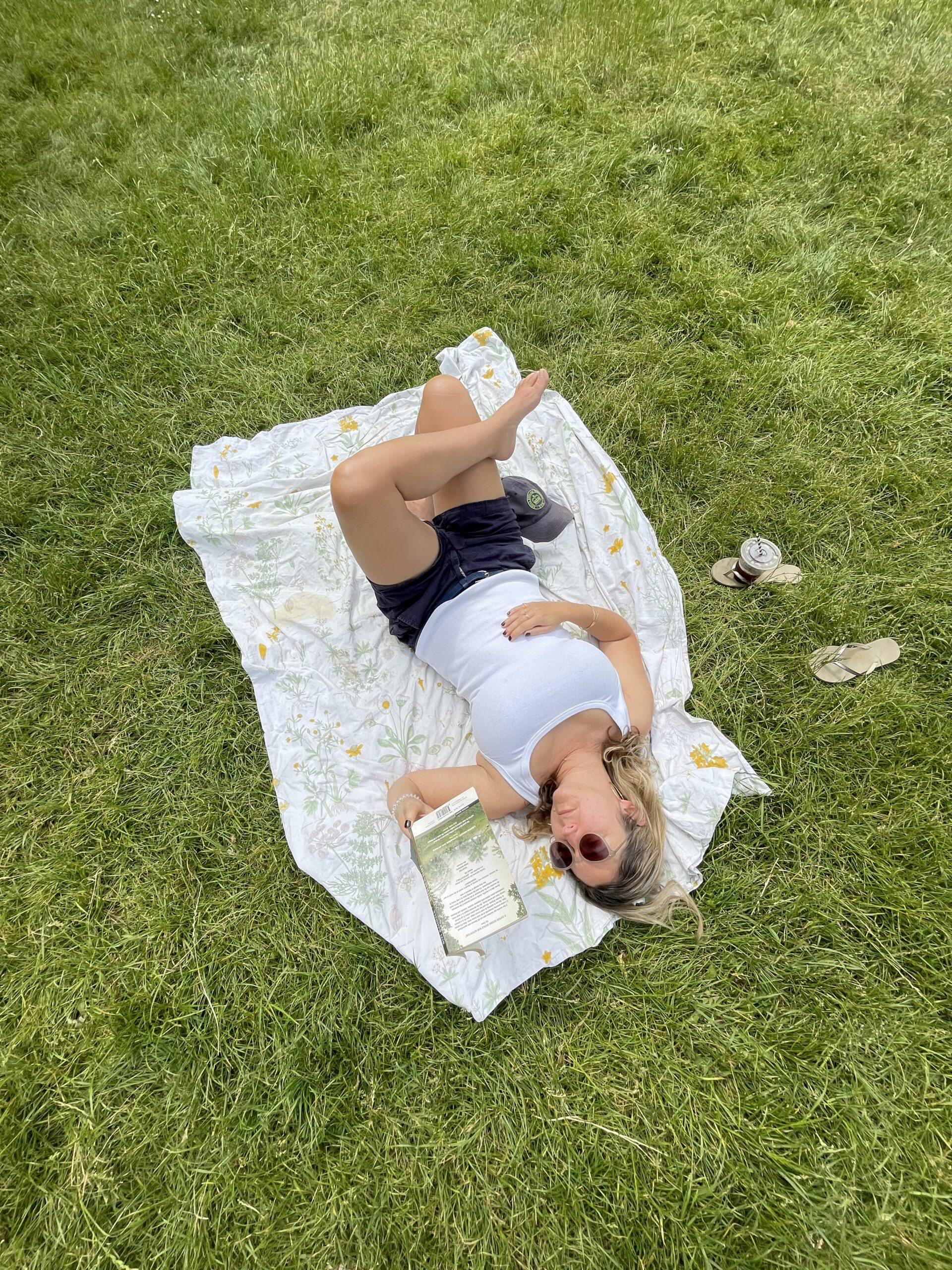This is a comic novel that is described in reviews as ‘vivid’ and ‘horrifying,’ and it certainly is. It tells the story of Nigerian soldiers fighting in Burma in WWII. There is a lot of joy in it, and especially in the dialogue, which bounces along with the kind of fun I recognize from my Abuja days. Try this, when one man finds he has been assigned as muleteer rather than a soldier:
“‘Mules?’ Ali gasped as if he’d been stung by a driver ant. ‘Do you know who I am? I’m the son of Dawa the king of well-diggers whose blessed nose could sniff out water in Sokoto while he’s standing in Saminaka. I’m the son of Hauwa whose mother was Talatu whose mother was Fatimatu queen of the moist kulikuli cake, the memory of whose kulikuli still makes old men water at the mouth till this day. Our people say that distance is an illness; only travel can cure it. Do you think that Ali Banana, son of Dawa, great-grandson of Fatima has crossed the great sea and travelled this far, rifle strapped to his shoulder, to look after mules?'”
It is a very accomplished book, but I could not finish it. It was just too sad. People’s heads explode mid-sentence, people are left to die on death marches, you get the idea. I am hesitant about if you should ever die in any war, even a just war, even a war for your own country. I am not sure there is ever victory in death. And certainly, these Nigerians dying in Asia, for a European war: I just couldn’t handle it.

